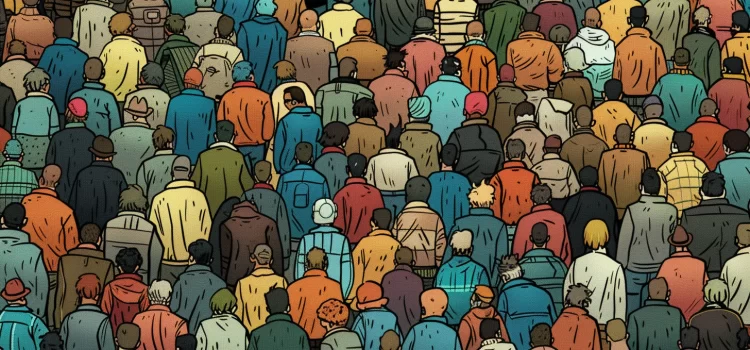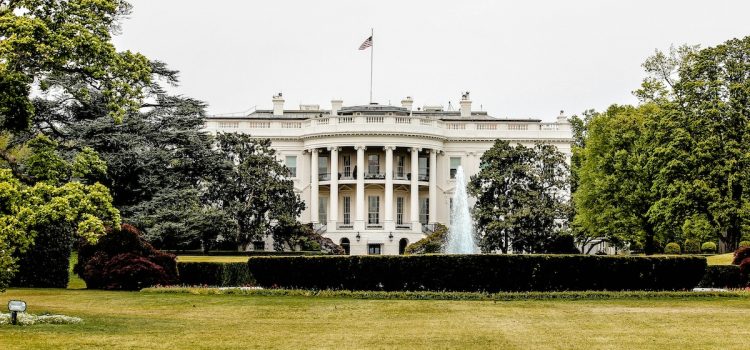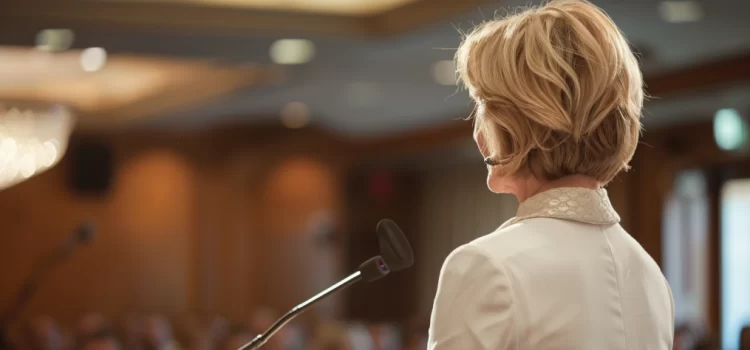Have you ever wondered what it’s like to be at the heart of White House communications? How does one navigate the turbulent waters of political journalism? Dana Perino’s And the Good News Is…: Lessons and Advice from the Bright Side details her unlikely and inspiring journey from Wyoming to Washington. She provides an insider’s view of life as a White House Press Secretary and a Fox News journalist. Continue reading to discover valuable lessons in leadership, civility, and staying true to your values.
Dana Perino’s And the Good News Is… (Book Overview)










